Principles of Sustainable Ecotourism: A Comprehensive Guide
Selected theme: Principles of Sustainable Ecotourism: A Comprehensive Guide. Welcome to a purposeful journey where travel protects nature, uplifts communities, and changes us for the better. Dive in, bookmark this guide, share your thoughts, and subscribe for fresh, eco-minded inspiration.

Conservation Comes First
Sustainable ecotourism prioritizes biodiversity protection, habitat integrity, and the long-term health of ecosystems. Every decision—from trail choice to transport—should reduce disturbance and channel benefits toward conservation outcomes. Comment with one conservation area you dream of supporting.

Community Wellbeing and Equity
Authentic experiences occur when local residents lead, benefit, and share in decisions. Fair employment, local ownership, and cultural safeguarding are non-negotiable. Ask about community partnerships and commit to spending with local enterprises. Share your favorite community-led initiative below.
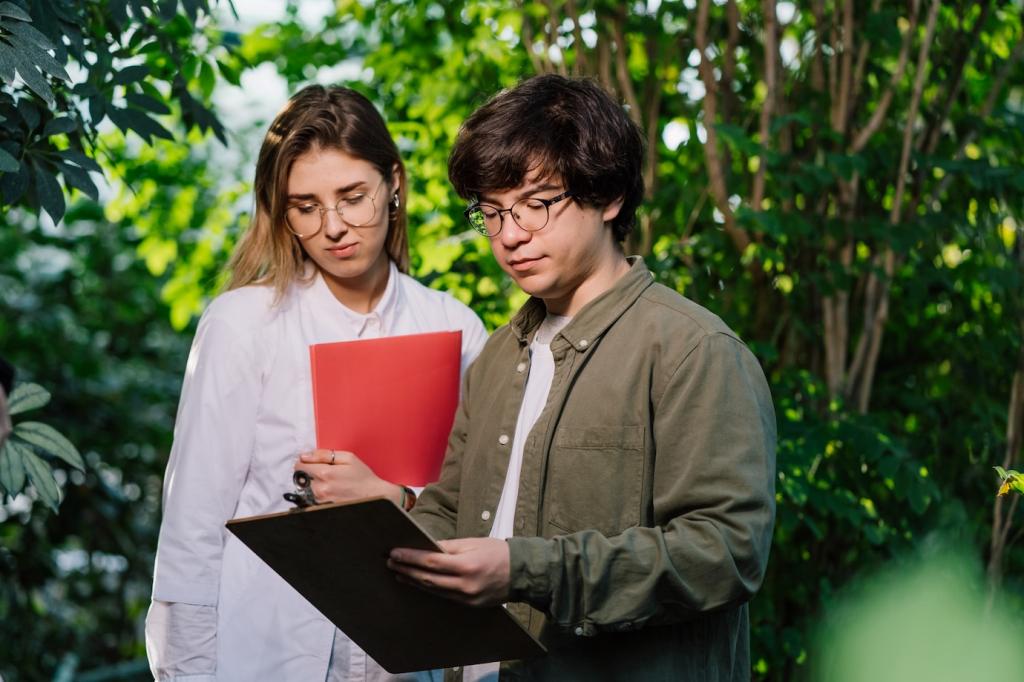
Education, Respect, and Transformation
Great trips change how we see the world. Guides interpret landscapes, travelers listen deeply, and everyone leaves more informed and empathetic. Subscribe for monthly learning prompts and field notes that deepen your understanding before, during, and after your journey.

Choosing Credible, Certified Operators
Look for verifiable sustainability practices and reputable certifications aligned with global standards. Ask about waste systems, energy sources, and conservation funding. Operators should welcome tough questions. Post the certification labels you trust and why you consider them credible.
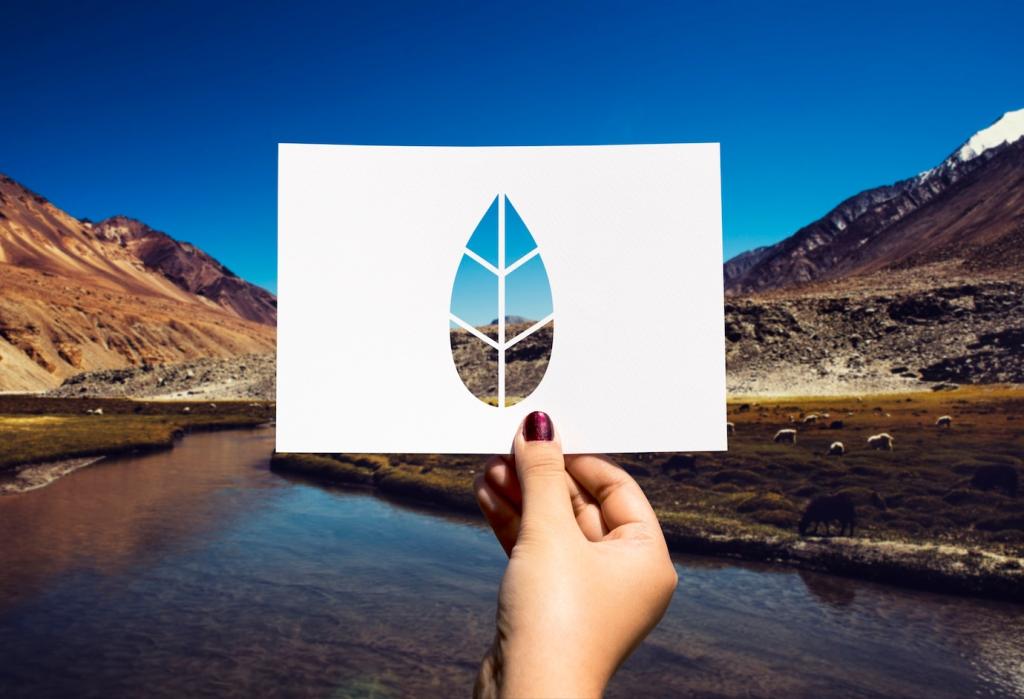
Packing with Purpose and Less Waste
Pack reusables: bottle, filter, cutlery, containers, and a compact clothesline. Choose mineral sunscreen, reef-safe products, and biodegradable soap. Bring a lightweight trash-out kit. Share your best waste-saving gear tip and help others refine their eco kit.

Designing Slow, Seasonal Itineraries
Travel slowly to reduce transport emissions, distribute visitor pressure, and open space for deeper learning. Visit outside peak periods to respect carrying capacity. Have you tried shoulder-season travel? Tell us how it changed your experience, pace, and perspective.
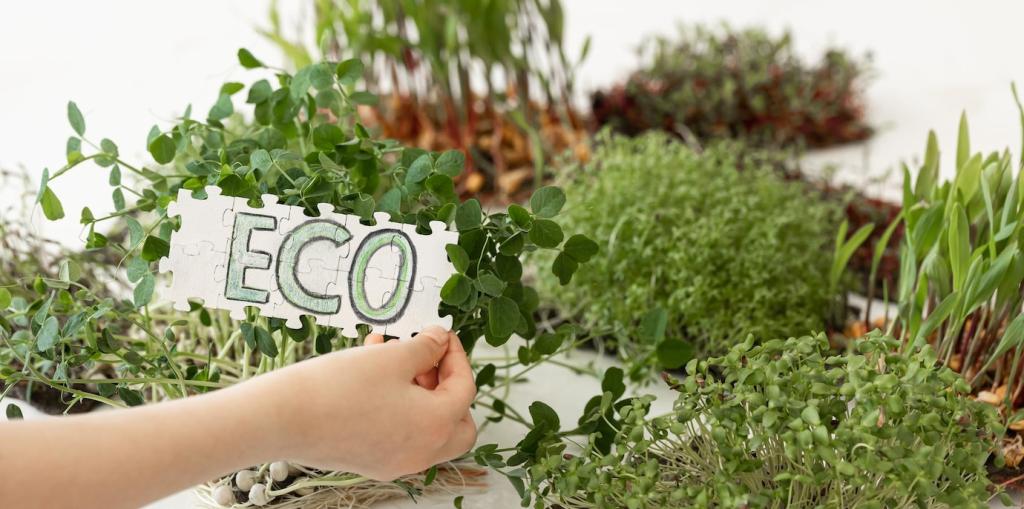
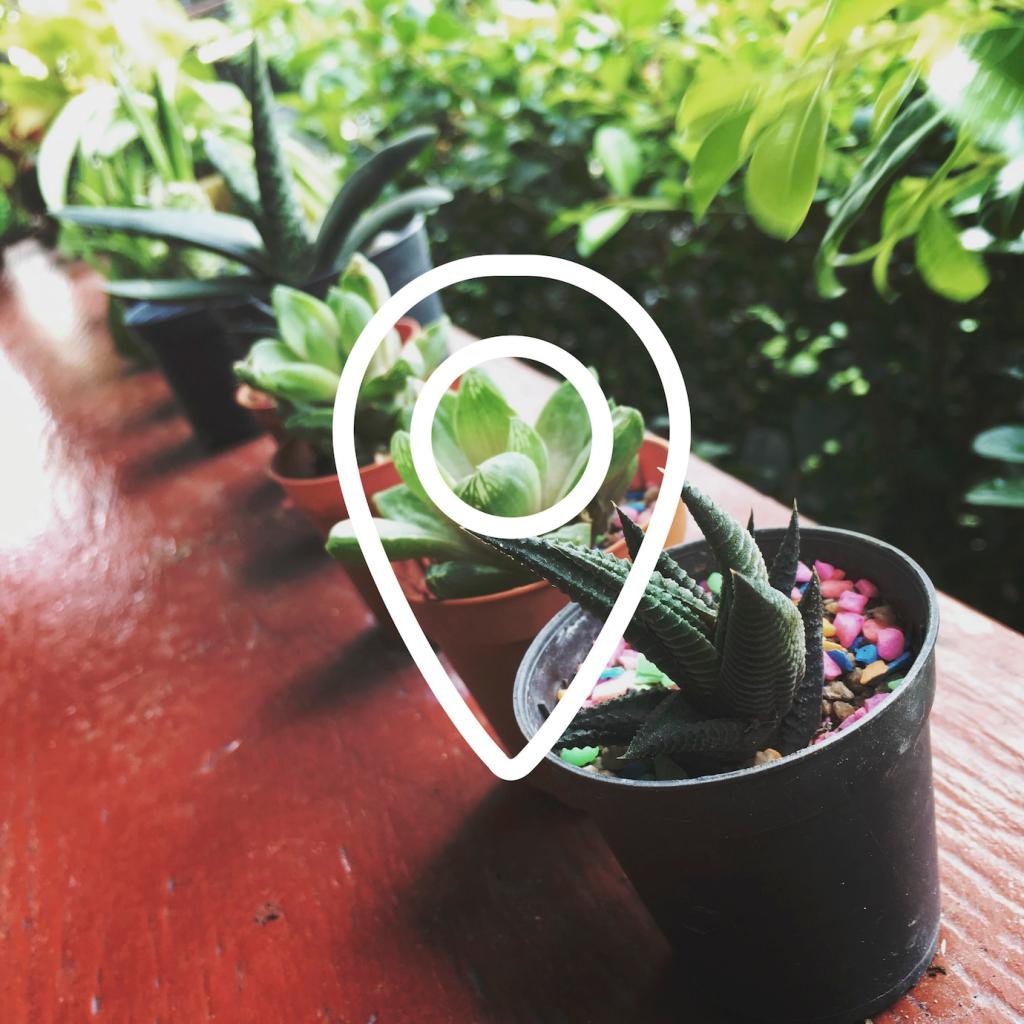

Measuring, Reducing, and Offsetting Impact
Calculate and Choose Wisely
Estimate emissions for flights, ferries, and ground travel, then select lower-carbon routes or modes when possible. Combine trips, stay longer, and avoid unnecessary transfers. Share the route tweak that most reduced your footprint without sacrificing experience.
Reduce First, Then Offset Responsibly
Prioritize reduction: efficient transport, smaller groups, and energy-smart lodgings. When offsetting, support transparent, additional, and verified projects with clear monitoring. Tell us a project you trust and what criteria make you feel confident supporting it.
Make Impact Visible
Seek operators who publish annual impact summaries: waste diverted, water saved, funds for rangers, or hectares restored. Ask for data, not slogans. Would you read a trip’s impact report? Comment yes or no—and why it matters to you.
Field Etiquette and Wildlife Safety
Use binoculars, keep respectful distances, and avoid sudden movements or loud sounds. Never feed wildlife. A patient group often witnesses richer behaviors. What’s your favorite wildlife moment made possible by silence? Share it to inspire quieter field practices.
Field Etiquette and Wildlife Safety
Stay on established paths, camp on durable surfaces, and pack out all waste, including micro-trash. Strain dishwater and use designated facilities. Drop your go-to Leave No Trace reminder that keeps teammates accountable during long, tired days.
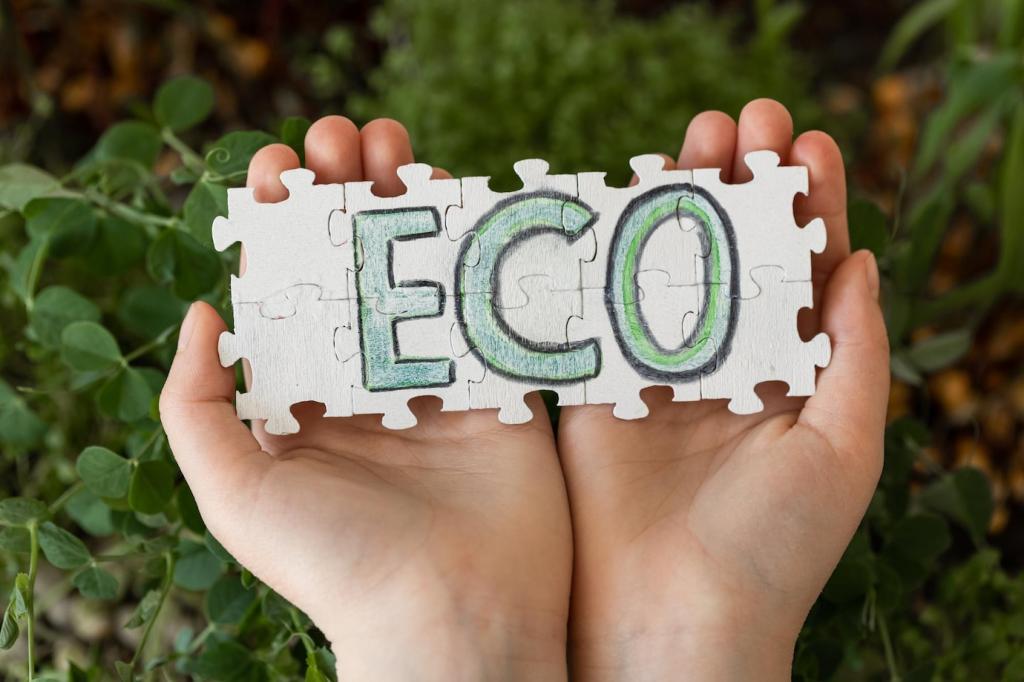

From Sustainability to Regeneration
Habitat Restoration in Itineraries
Join trips that plant native trees, remove invasive species, or fund watershed recovery with credible partners. Ask about long-term maintenance and survival rates. Would you dedicate a morning to restoration work on vacation? Tell us what would motivate you.
Citizen Science and Shared Data
Contribute wildlife observations to open databases, record reef conditions, or help bioacoustic surveys. Your data supports research and management. Subscribe for quarterly citizen-science challenges and field checklists you can print or store offline for expeditions.
Centering Indigenous Leadership
Seek itineraries co-created with Indigenous communities, respecting knowledge systems and consent. Support governance and cultural revitalization. Share one way travelers can be better allies, then invite a friend to join this conversation and learn alongside us.
Join our mailing list
